As graduation draws closer, high school seniors across the country are faced with the daunting task of deciding what they’ll do next. While many will go on to college or the workforce, others may join the military. But as military recruiters roam the cafeteria and set up booths, we must ask ourselves: Is it ethical to target minors for military recruitment?
Military recruitment in high school can exert undue influence on students before their decision-making skills have fully developed. This concern arises from the use of manipulative recruitment tactics such as exaggerating benefits, downplaying risks and spreading false information about bonuses, job guarantees and commitments regarding length of service, all in order to meet recruitment goals.
A report by the Government Accountability Office and a survey by Student Veterans of America both found evidence of such practices. The survey found that nearly 60% of veterans felt that recruiters provided them with misleading or false information about the military. Additionally, it’s common for recruiters to receive bonuses or other incentives for meeting or exceeding recruitment goals, which might encourage them to use manipulative tactics.
The military disproportionately targets low-income and minority students for recruitment, perpetuating societal inequalities and disproportionately affecting these populations. According to the 2019 Government Accountability Office report, the percentage of recruits from the lowest income quartile (less than $40,000 per year) was more than twice as high as the percentage of recruits from the highest income quartile (more than $100,000 per year). This means that students from lower socioeconomic backgrounds are disproportionately more likely to enlist in the military due to a lack of resources and opportunities, which perpetuates poverty and puts them at greater risk of injury or death. This phenomenon can be explained by the “carrot and stick” mentality often used by military recruiters.
The “carrot and stick” mentality refers to the use of positive incentives (the “carrot”) and negative consequences (the “stick”) to influence behavior. In the context of military recruitment, recruiters may use the promise of benefits such as access to higher education, job training and financial assistance as a “carrot” to encourage low-income students to enlist. At the same time, they may also use the potential negative consequences of not enlisting, such as a lack of opportunities and a lack of financial stability, as a “stick” to encourage low-income students to enlist.
As a result of this “carrot and stick,” method, students may see enlisting in the military as their only viable option for a stable future. It’s important for schools, parents and students to have access to accurate and comprehensive information about military recruitment and the implications of joining the military, so they can make informed decisions.
An example of influence targeted at high school students is offering tangible incentives, such as giving students a T-shirt for doing a certain number of pull-ups. This exercise activity is a chance to show off physical condition — something the military values — in front of peers and may appeal to many student athletes. By giving out free T-shirts as a reward, recruiters can create a sense of accomplishment in students who receive them, which connects the military to a positive experience. This can create a sense of excitement and appeal among students while drawing attention away from the drawbacks of enlisting.
Aside from active recruitment, students may not have a choice about whether or not they interact with military recruiters. This can make some students feel uncomfortable or excluded, particularly those who may have cultural or personal opposition to military service. Additionally, it can create an unwelcoming environment for students who have immigrated from countries with an American military presence. These students may feel targeted or uncomfortable. However, federal and state laws require high schools to give military recruiters the same access to the campus as they provide to other people or groups who advise students about occupational or educational options.
Additionally, military recruitment in high schools provides students with more options, promotes national security and provides benefits such as education and job training for those interested. Therefore, military recruitment should be treated like college visits, where registration is voluntary. Naviance is the platform students use to sign up for college visits. Military recruitment should be included on it, rather than performed at random, unsolicited times on campus. This not only allows interested students a more thorough under- standing of what they are signing up for but also promotes a more inclusive school environment.
Allowing military recruiters unfettered access to high school students raises serious ethical concerns. The use of manipulative tactics, targeting vulnerable students and the disproportionate impact on low-income and minority students are all reasons we must question the practice of military recruitment in high schools. It’s imperative that schools provide accurate, comprehensive information about the military and its recruitment process while also ensuring a safe and inclusive environment for all students.
It’s crucial for students to have time to reflect and consider the decision of joining the military. It’s a long-term commitment that has a lasting impact on the individual’s life and on our society as a whole. It’s vital for schools, parents and the community to have an open dialogue about this issue and ensure students are provided with the information they need to make informed decisions.


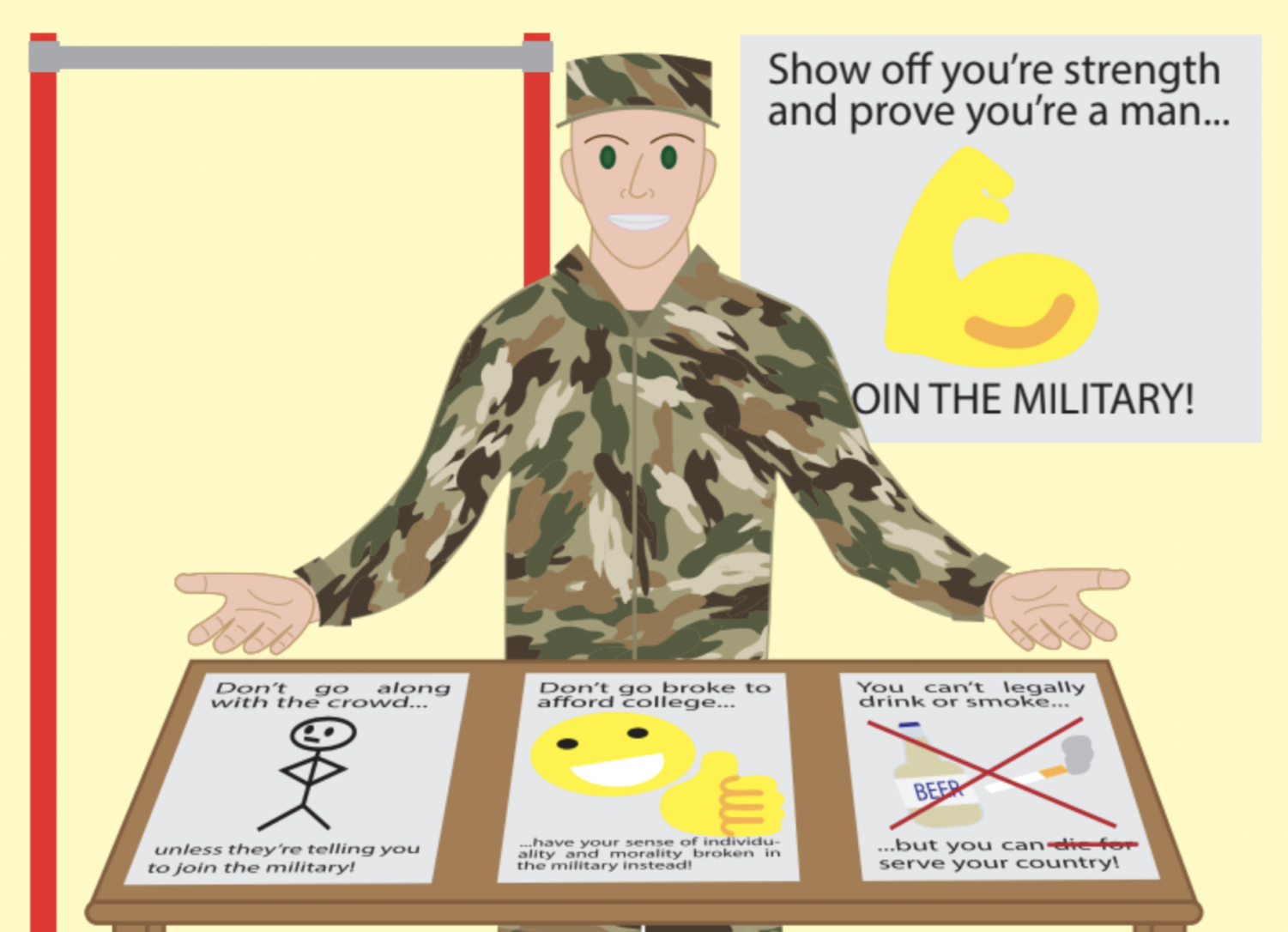





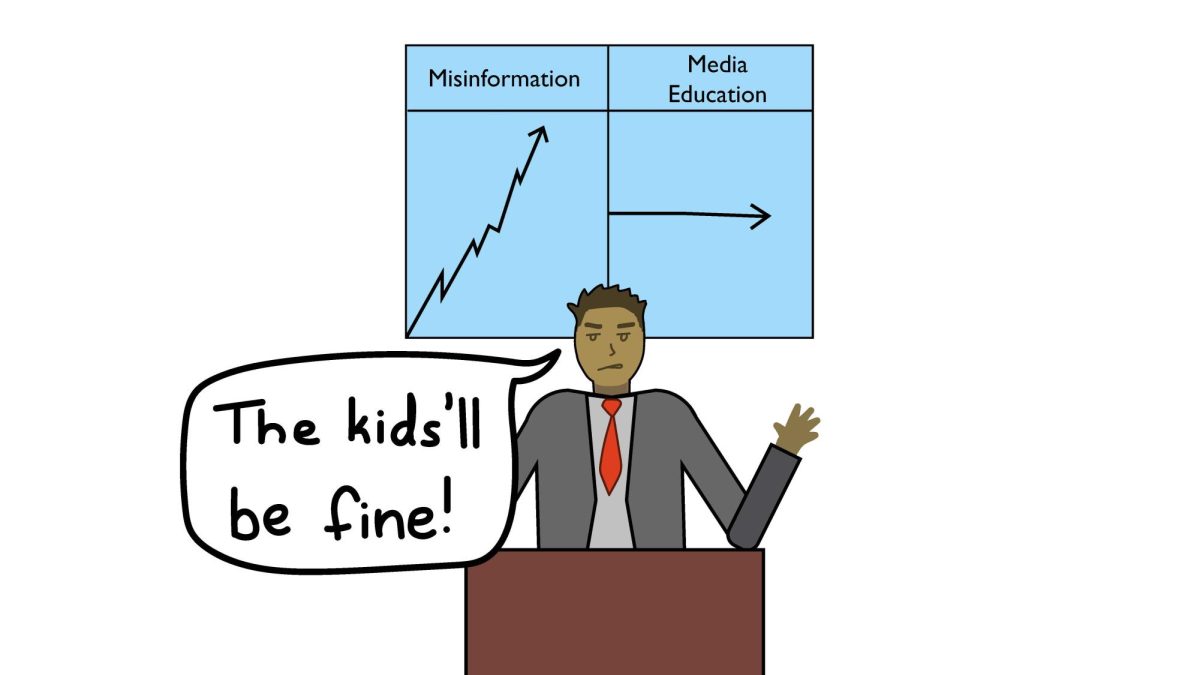
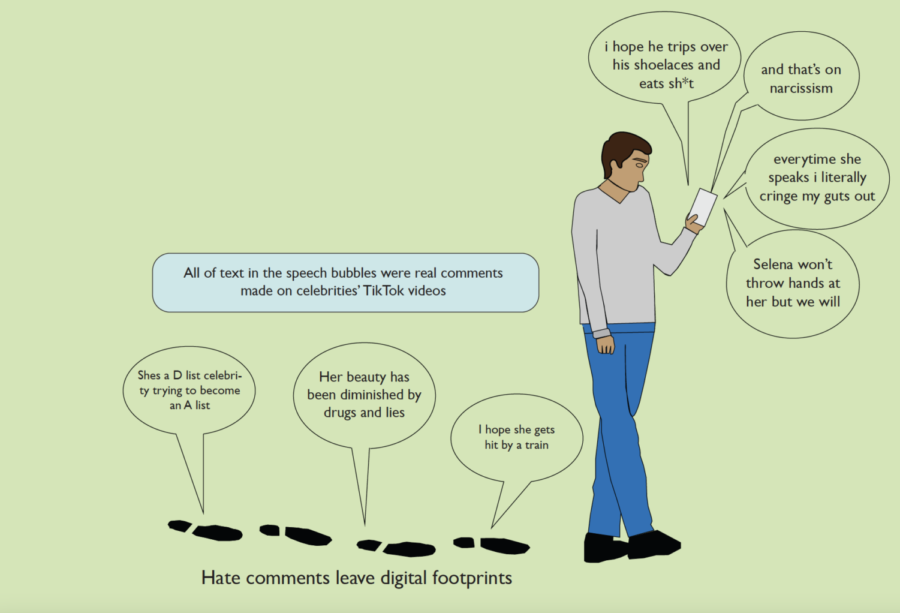
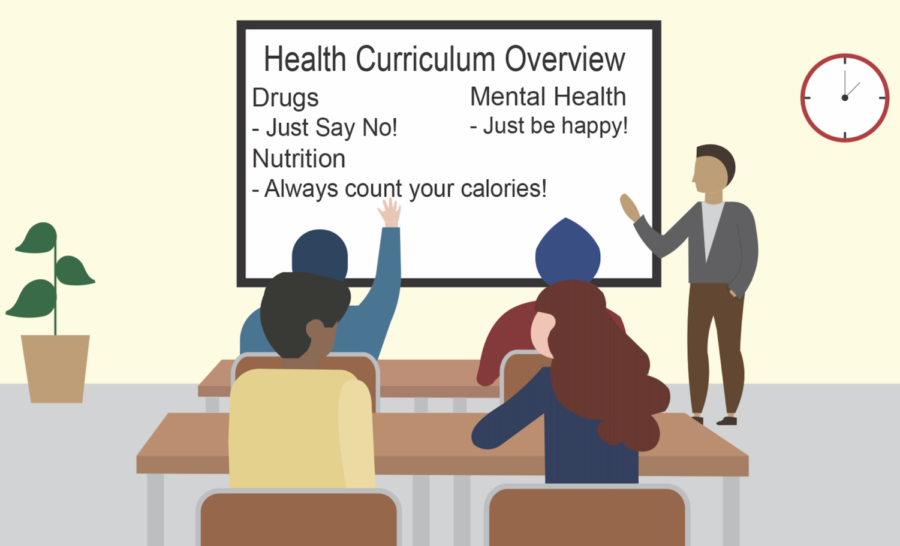



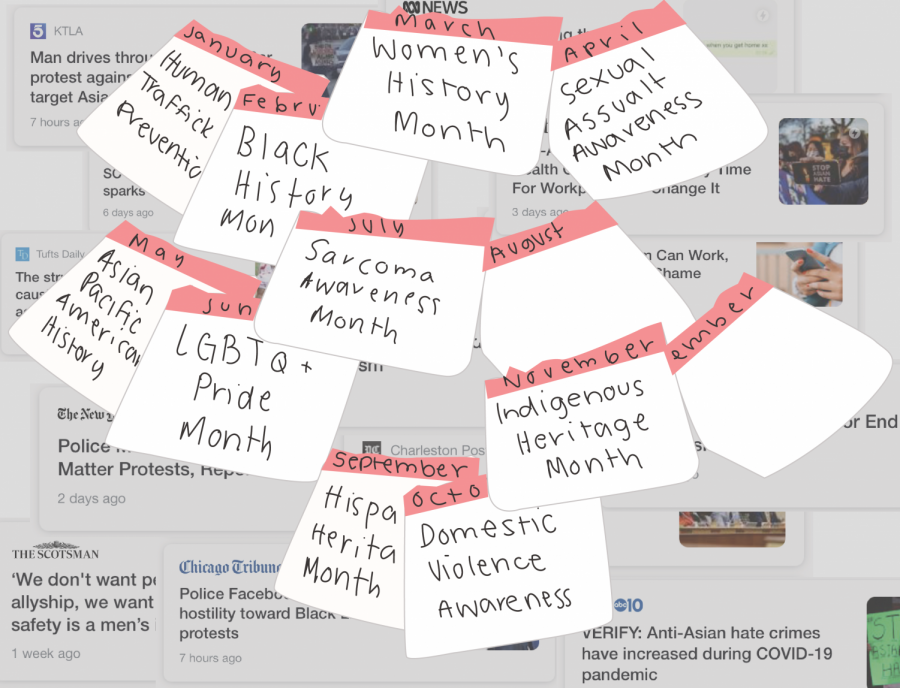

Anonymous • Jul 9, 2024 at 10:17 AM
This is not limited to High school. I sponsored my fiance, and immigration took sweet 2 years with covid backlog. And right after our marriage, I applied for his green card, which he did get super fast. He is young 26 year old and I am 43. I had so many struggles in life fighting homophobic societal norms and laws, and racist dating pools to finally found love. I did everything right by law. And waited several years to start my life with a partner to share with. But as soon as he received green card, somehow army recruiters got to his head telling him opportunity to do “civilian job at airforce”. Created sense of accomplishment by making him prepare for tests. Somehow scoring him at around 86% and saying air force require 94%+.. Regardless making him completely brainwashed to get him to sign all his rights away without giving me any chance whatsoever to discuss with me, creating a serious trust issue between us. Since he put dying in army as superior over our relationship. I feel betrayed by the US immigration who gave me false confidence in marriage based immigration that gives 2 years of relationship building time. I got merely 6 months while we were super busy with jobs and studies to have any time to go out or make mutual friends or pretty much anything.